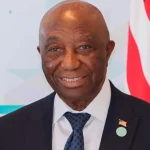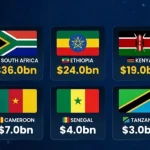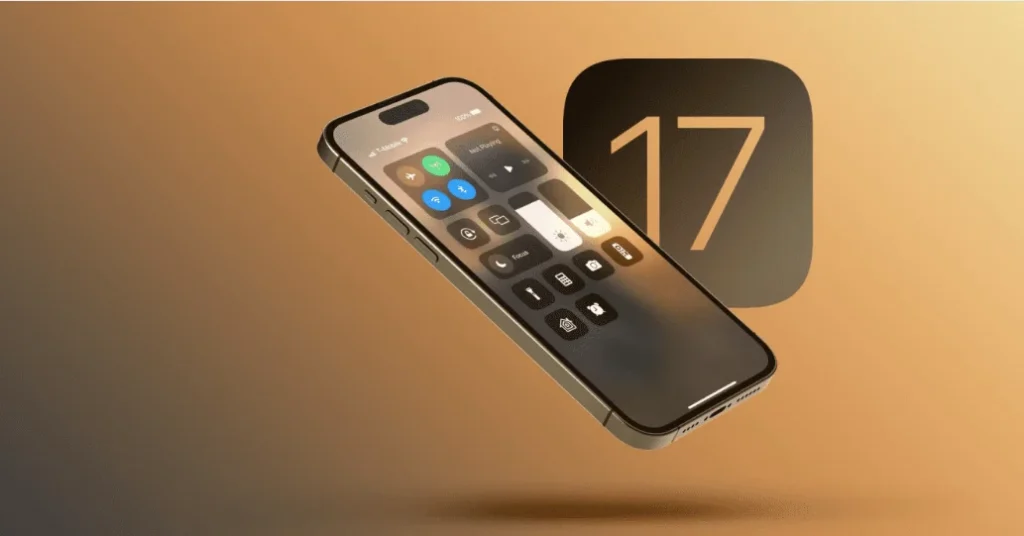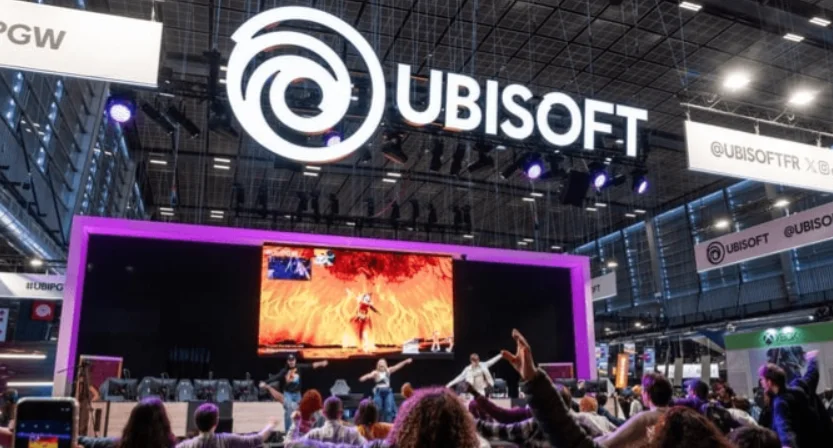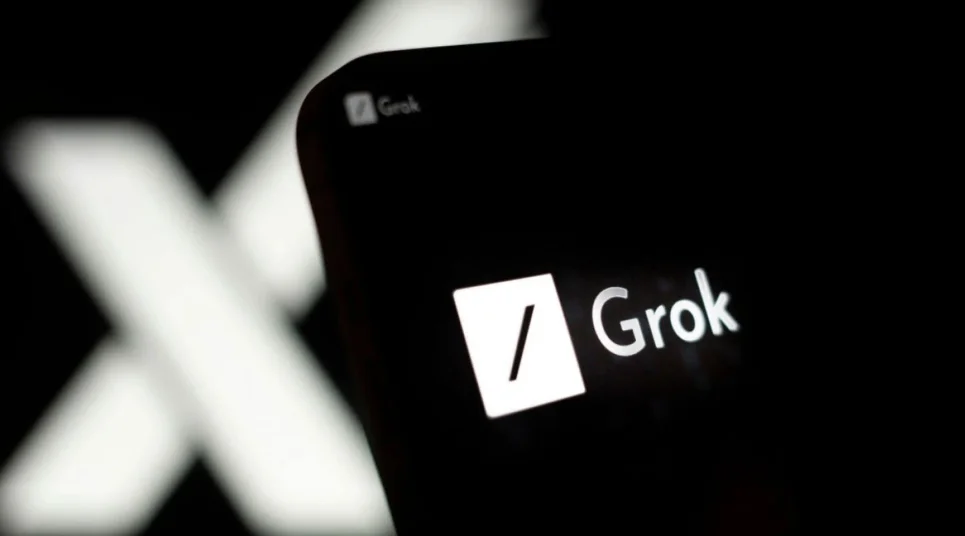Apple Inc., one of the world’s most valuable technology companies, is facing a major brand integrity crisis in Nigeria following a viral controversy over fake “iPhone 17 Pro Max” devices allegedly converted from old iPhone XR units.
The scandal, which erupted between Nigerian influencers Blord, a gadget dealer with links to China, and VeryDarkMan (VDM), a social media activist known for exposing consumer deception, has ignited nationwide debate on authenticity, trust, and brand credibility in the Nigerian smartphone market.
How the iPhone Conversion Saga Began
The controversy began when Blord showcased what he called the “iPhone XR converted to iPhone 17 Pro Max” on social media, priced at around ₦450,000. The device looked identical to Apple’s latest iPhone 17, complete with the sleek design and logo.
However, VDM countered with video evidence tracing the source of the phones to unverified workshops in China, where older iPhones are dismantled, refurbished, and reassembled with fake casings and labels to mimic newer models.
While Blord defended the sale as a transparent “conversion,” VDM called it a scam, revealing that the so-called converted phones could be sourced for as low as ₦280,000.
iPhone 17 vs iPhone XR: The Real Difference
Despite their visual similarities, the iPhone 17 and iPhone XR are vastly different under the hood:
| Feature | iPhone 17 | iPhone XR |
|---|---|---|
| Release Date | September 9, 2025 | September 12, 2018 |
| Processor | Apple A19 | Apple A12 Bionic |
| RAM | 8GB | 3GB |
| Rear Camera | Dual 48MP + 48MP | Single 12MP |
| Display | 6.3-inch OLED | 6.1-inch LCD |
| Operating System | iOS 26 | iOS 12 (upgradeable to iOS 16) |
| Price (Apple) | $1,099 | $749 (original retail) |
The “converted” phones are essentially old XR units retrofitted to appear as newer iPhone 17 models, but they lack the processing power, camera performance, and security features of the real thing.
The Damage to Apple’s Reputation
While Apple does not have an official retail presence in Nigeria, its brand relies heavily on perception, trust, and exclusivity. The XR-to-17 saga could significantly undermine that reputation.
- Erosion of Consumer Trust:
Many unsuspecting buyers may assume they are purchasing genuine iPhones, only to experience lagging performance, poor battery life, and app crashes, all of which they may wrongly attribute to Apple’s quality decline. - Security and Financial Risks:
These counterfeit devices are incompatible with Apple’s secure iOS updates. Users become vulnerable to malware and hacking, especially as mobile banking and digital transactions rise in Nigeria. - Destroyed Resale Value:
Genuine iPhones are known for their high resale value, a major selling point. Fake “converted” units, however, cannot be serviced, traded, or verified, leaving consumers with worthless devices. - Psychological Damage to Brand Trust:
As social media continues to amplify negative experiences, consumers begin to associate fraud and risk with the Apple name, even when the company itself is not directly involved.
Impact on the Nigerian Smartphone Market
Nigeria is one of Africa’s largest smartphone markets, driven by aspirational buying and status-oriented consumption. The rise of realistic clones distorts this market by:
- Confusing consumers about what’s genuine.
- Devaluing the resale and swap ecosystem, a key part of how Nigerians upgrade phones.
- Weakening confidence in third-party vendors who dominate Apple’s sales network in the country.
This could push discerning buyers toward authorised global retailers, but at the same time, discourage mass-market interest in iPhones due to fear of being scammed.
Can Apple Recover From This?
To safeguard its image, Apple may need to:
- Collaborate with Nigerian regulators like the FCCPC and NCC to tackle counterfeit imports.
- Expand official retail or verification channels, allowing customers to authenticate their devices easily.
- Increase awareness campaigns on how to verify genuine iPhones and avoid clone models.
The XR-to-17 saga is not just a local scandal, it’s a wake-up call for Apple about the vulnerabilities in emerging markets where grey imports dominate.
Final Thoughts
The iPhone conversion saga underscores how brand perception can be damaged without direct fault from the company itself. In Nigeria, where prestige and trust drive tech purchases, counterfeit iPhones risk turning admiration for Apple into scepticism.
Unless Apple takes proactive steps to educate consumers and enforce authenticity standards, the aftermath of this controversy could indeed threaten its reputation and sales in one of Africa’s most promising markets.


